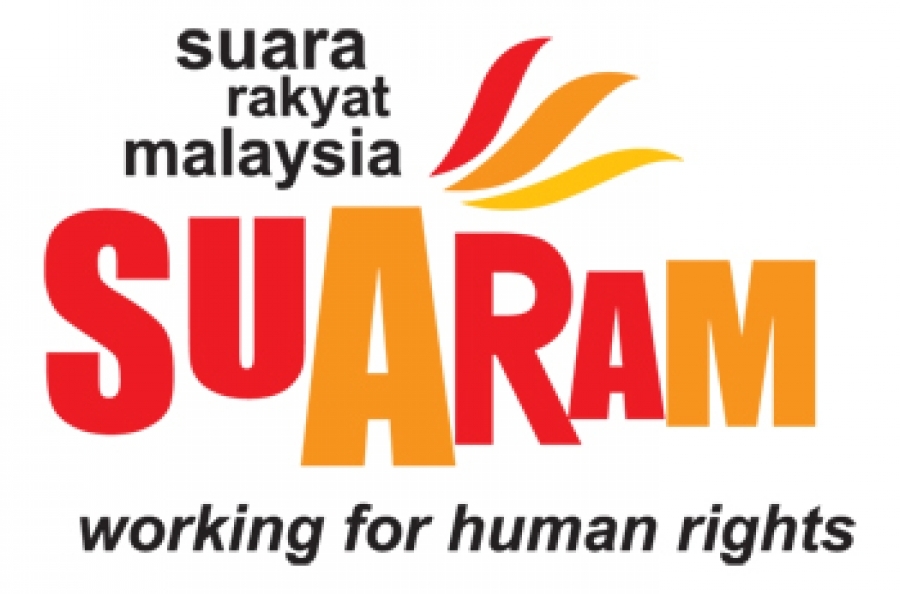Malaysia is a parliamentary democracy with a federal constitutional monarch, the Yang di-Pertuan Agong, as head of state. Civic space in Malaysia remains obstructed, with rights-based CSOs operating under restrictive legal frameworks and uneven enforcement of fundamental freedoms.
While the Malaysian Media Council Bill and ongoing consultations on a federal Freedom of Information law offered modest openings, they are contrasted with a tightly regulated digital and legal environment. The Sedition Act continues to be used against activists and journalists. Amendments to the Communications and Multimedia Act and the newly passed Online Safety Act introduced expansive enforcement powers, vague content restrictions, and obligations on platforms to proactively moderate speech: raising risks of over-censorship. Peaceful assemblies remain policed through an approval-based logic, where police notification or local authority ‘permission’ restrict protests. Restrictions on expression, particularly around race, religion, and royalty (3R), are expected to persist, with further enforcement of digital licensing and surveillance mechanisms requiring close monitoring.
Developments to the legal and regulatory framework affecting CSOs’ freedom of association and operations were mixed. Amendments to the Trustees Act have improved financial transparency, while changes to the Trade Union Act marginally expand organising rights for Malaysian workers. Student associations in public universities, nevertheless, remain vulnerable to administrative interference despite limited fundraising powers under the amended Universities and University Colleges Act.
Despite stronger civil society engagement seen in 2024, broader consultation practices remain briefing-style with inadequate dialogue and limited transparency on incorporation of feedback. Whilst CSOs were acknowledged as partners during international processes, this posture shifted when CSOs raised policy shortcomings or rights violations.
Civil society remains affected by structural funding challenges, including overreliance on short-term, donor-driven grants, and constrained access for unregistered or marginalised organisations. The USAID funding freeze in January 2025 may tighten resources, underscoring the need for sustained international support.
Network member:
